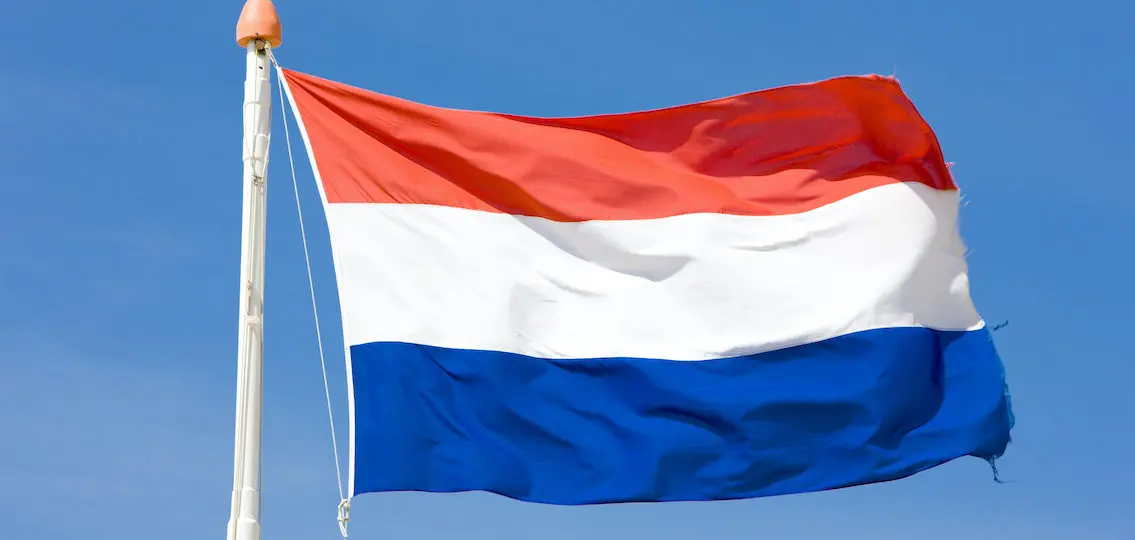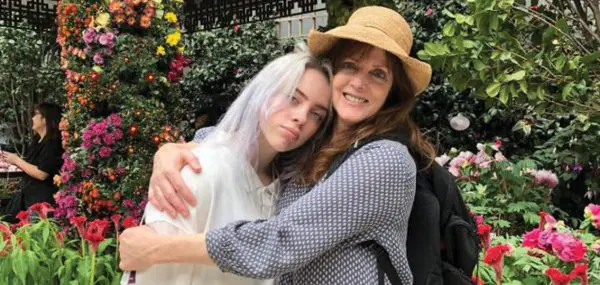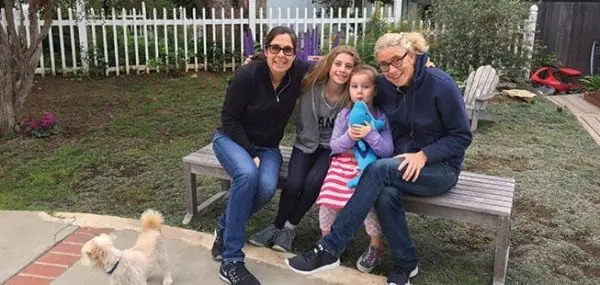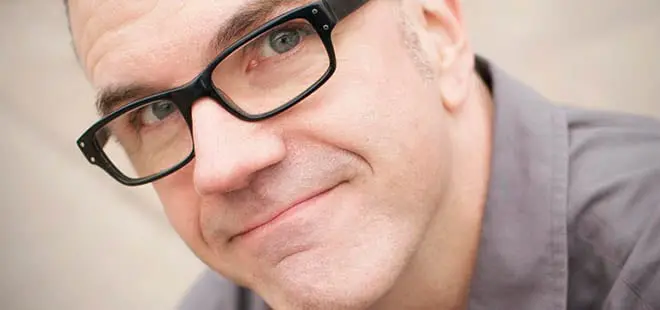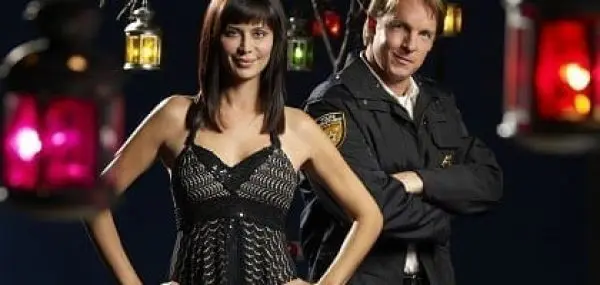Thanks to books like The Happiest Kids in the World (about Dutch children), many Americans have become fascinated with how kids are raised in the Netherlands. Your Teen asked André Haspels, the Netherlands’ ambassador to the United States, about raising kids the Dutch way and about the current program of Dutch arts and culture running in the United States—despite the COVID-19 pandemic.
Q: What do you mean when you refer to “Dutch arts,” and what are you bringing to U.S. audiences?
Haspels: First of all, in light of the current coronavirus crisis, which has terrible health and social-economic consequences, we should not forget the tragic consequences for the arts sector. Artists and performers in theater, music, or ballet have no access to their audiences. And their audiences doesn’t have access to the arts. They can’t attend their favorite concerts or plays, which has a deep impact on the livelihood of these artists. Thankfully there are digital means to connect. But it doesn’t come close to a live experience and does not generate sufficient income. I sincerely hope that the arts sector will survive this deep crisis.
Dutch arts for young audiences are performing arts, film, literature, and visual arts that are targeted to a younger audience but created by adults who are well-trained and experienced in the field. The Dutch arts have a significant audience and budget to present arts of a very high caliber and with a distinct character.
We are currently coordinating a program in the U.S. named Never Grow Up! This program shares a wide range of work from the Netherlands for young audiences at festivals, art venues, conferences, and other platforms. The arts and media content for our Never Grow Up! program spans all ages and is often enjoyed by grownups too. Programs like Never Grow Up! are especially important in the time of the coronavirus pandemic. We want young people to know they have access to a treasure trove of Dutch arts programming online. We are trying to share the most recent information about Dutch arts for young audiences to be enjoyed outside of the usual venues, such as new books, a Netflix series, and performances and educational activities presented by museums. There’s more information at www.dutchcultureusa.com/nevergrowup/.
Q: How is Dutch media for teens different from that of other cultures?
Haspels: A wide range of work from the Netherlands created for young audiences and presented at festivals or media platforms is all made with a respect for young people and dedication to youth culture as an autonomous art form. These different art forms, including film and TV content, often tackle challenging subjects. Filmmakers, writers, and performers take young people and their personal experiences seriously.
In general, the Dutch are unafraid to take artistic risks. Publicly-funded artists, in particular, like to go off the beaten path of typical children’s stories and address topical issues head-on. At the same time, Dutch arts for young audiences are characterized by their sense of humor, playfulness, and light take on things. They are equally enjoyed by grownups. The art created can be a bit more edgy to appeal to the younger audience and relate to their own world of development and coming-of-age. We don’t eschew themes such as sex, gender, divorce, or death, which can be problematic in other countries sometimes. Dutch artists and media creators tend to make complicated themes accessible to children and teens. There isn’t always a happy ending and the teenagers are given food for thought. Irony and sarcasm are also distinct elements of Dutch arts for youngsters.
Q: Dutch teens are known for being independent. Can you share some examples?
Haspels: Dutch children and teens are often trusted early on to commute by themselves to school, go out, bike or travel in groups, take the train and go to the movies unaccompanied, and go swim by themselves as soon as they have a swimming diploma, whereas in the U.S. a guardian or parent often needs to be in attendance. Most Dutch children learn to be independent in terms of entertaining themselves and their friends and planning their own schedule. Dutch youngsters are taught at an early age to think for themselves and question authority.
Q: How does Dutch education—both academics and sex education—differ from American education?
Haspels: When looking at the Dutch education system compared to American, there’s a lot more autonomy and freedom. In the U.S., students often are protected and kept in school for after-school activities or on campus. In the Netherlands students commute by bike, foot, or public transportation to clubs, jobs, and gatherings outside of school.
Sex education is taken seriously in the Netherlands. Parents, schools, and counselors try to create a safe and open environment for questions and to inform teenagers well to prevent unwanted pregnancies. Those rates are super low in the Netherlands since teenagers are informed and have safe and easier access to protection.
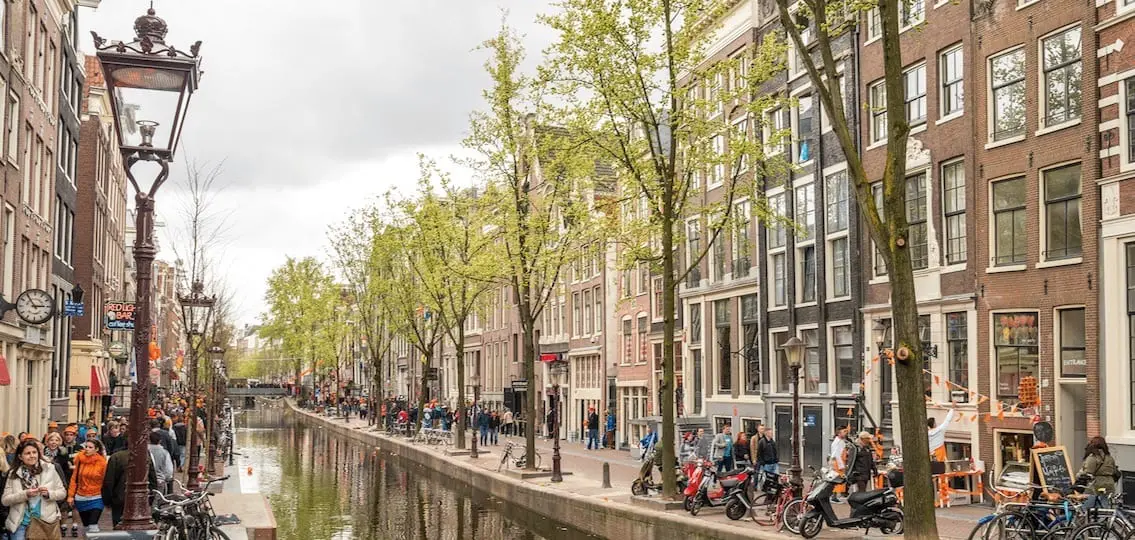
Q: As an ambassador, you live in the U.S. What do you notice about American teens?
Haspels: Our youngest son is 18 and studies at the British International School in Washington, D.C. When I meet his American fellow students there, I notice that they are serious learners who really want to achieve good grades. I admire the American school system for teaching students at an early age to present themselves for a big group and make a convincing statement. U.S. teens are very engaged and great public speakers. They are not afraid to express themselves.
